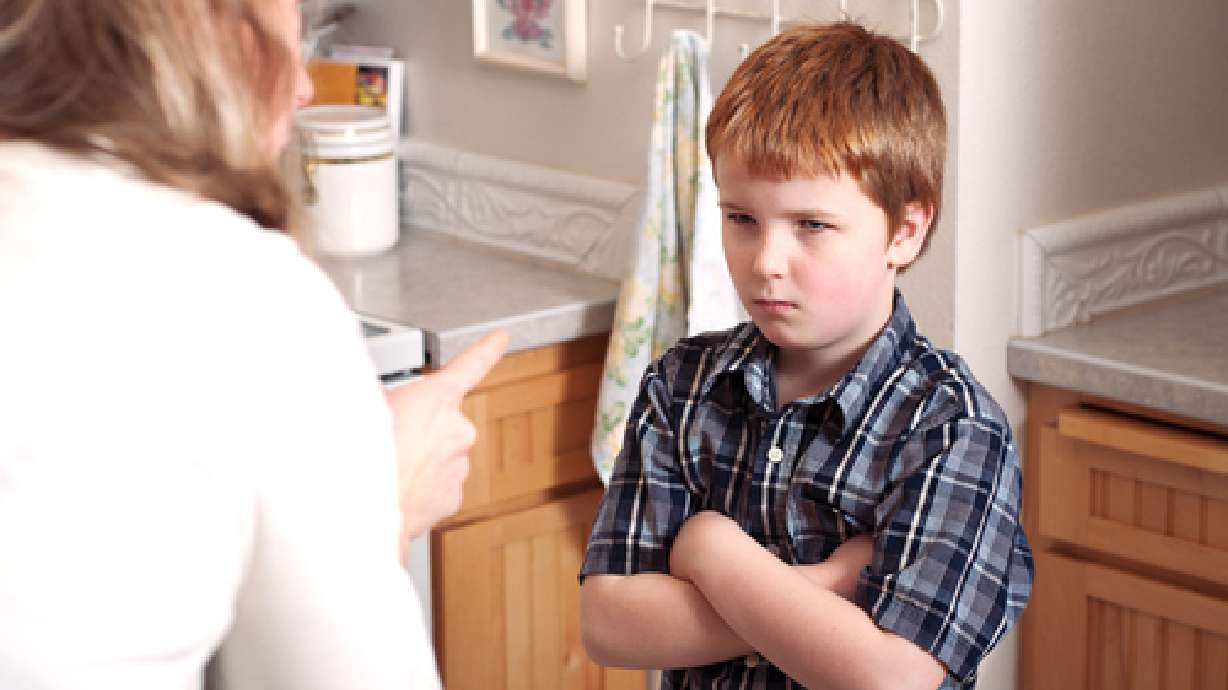Estimated read time: 2-3 minutes
This archived news story is available only for your personal, non-commercial use. Information in the story may be outdated or superseded by additional information. Reading or replaying the story in its archived form does not constitute a republication of the story.
SALT LAKE CITY — The majority of parents in the U.S. lie to their kids to get them to behave.
According to a new study published in the International Journal of Psychology, 84 percent of American parents lie to their children for the purpose of getting them to behave. In China, the number is even higher: 98 percent of parents admitted to the same.
The study looked at the way parents manipulate the truth to their advantage. Author Gail Heyman of the University of California-San Diego presented parents of at least one child three-years-old or older with a set of lies in different categories and asked them if they had ever said something similar.
The lies included threats like, "If you don't behave, I will call the police" and "You need to finish all your food or you will get pimples all over your face."
Heyman and her colleagues found about two-thirds of parents used a false threat to leave children someplace if the child refused to follow them. The second most common lie related to buying a child a toy "at another time," in response to the child's request for it.
#poll
Chinese parents were more willing to tell these lies because of two possible reasons, researchers said. The first being a greater acceptance of lying in their culture and secondly, that Chinese parents demanded more compliance from children.
In the US, parents linked fantasy characters like Santa Claus and the Tooth Fairy to a child's development, speaking negatively of parents who denied the existence of such characters.
Researchers said that while parents are concerned about "socializing their children not to tell lies," they feel "considerable stress" about a child's noncompliance. Many parents suggested their lies were the result of desperation and used as a last resort.
Other parents said they were concerned the truth would be difficult for children to understand or they were focused on immediate goals when they told lies.
"We sometimes tell our 2-year-old daughter that something is broken when it's not so she'll leave it alone," one respondent said.
Researchers said their findings "raise questions about how this practice influences children's developing beliefs about themselves, their parents, and the world" as well as moral questions about lying and its justification.








